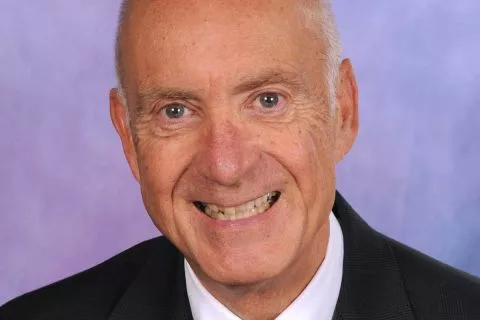He felt that Congress could enforce the 13th Amendment, which freed all those subjected to slavery. He then considered the need to protect the rights of all Americans, thus the 14th Amendment, which includes guaranteeing citizenship of those freed from slavery. Like the 13th Amendment, his words are also those of the first sentence of the 14th Amendment:
“All persons born or naturalized in the United States, and subject to the jurisdiction thereof, are citizens of the United States and of the State wherein they reside.”
Then, Howard lead the effort to assure the right to vote for slaves in adopting the 15th Amendment:
- Section 1: The right of citizens of the United States to vote shall not be denied or abridged by the United States or by any State on account of race, color, or previous condition of servitude.
- Section 2: The Congress shall have the power to enforce this article by appropriate legislation.
Howard was one of six U.S. senators to serve on the Joint Commission for Reconstruction. No lawyer since our founding fathers has made such significant changes to the U.S. Constitution.
In his lifetime, Howard wrote state and national laws whose principles and precepts are still observed today. In addition to his monumental anti-slavery contributions, he is responsible for important Michigan legislation of the 19th century regulating railroads and investigating “wildcat banks.” Even more importantly, he is responsible for the nation’s first “whistleblower act”, the Lincoln Law.
Howard is recognized as one of the most conscientious, hardworking, sincere and principled men in 19th-century America. He deserves honors for his contributions to the laws of the land. As U.S. senator, he was in a position to help create what America is today.
Howard died on April 8, 1871. The words of the 13th Amendment are inscribed on his monument in historic Elmwood Cemetery in Detroit. Howard’s wish was that his grave would be marked with a tall obelisk, and that if racial equality had not been achieved by the time of his death that the top of the obelisk be broken, symbolic of his incomplete life’s work. To this day the obelisk remains unfinished.



00258-8/asset/6c6d9a3d-d08b-4b97-9c57-de0afe6a1ab8/main.assets/gr1_lrg.jpg?w=768&resize=768,0&ssl=1)

